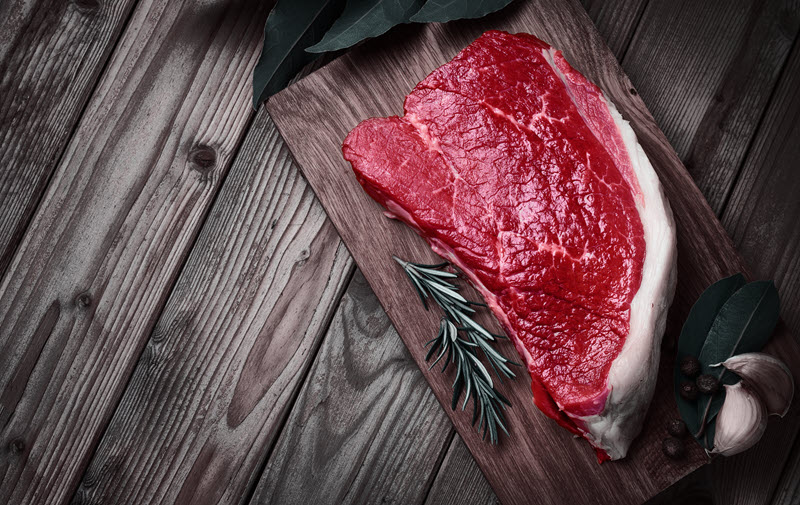Inflammatory arthritis can be extremely distressing. One variant of the condition is known as gout, and it’s one of the more common issues plaguing people today. Gout occurs due to the buildup of uric acid, which in turn causes crystals to develop in the joints — causing swelling and severe pain. The pain that can occur from the so-called flares of gout can be downright debilitating, which is why anyone suffering from gout will go out of their way to avoid any potential trigger foods at all costs.
It isn’t quite like the beginnings of acid reflux or diabetes where the reaction to food isn’t enough to convince people to avoid it for good. Those suffering from gout have a tendency to go out of their way to avoid specific foods, as they tend to be punished quite a bit for making a mistake. The idea is to avoid any type of food that causes a buildup of uric acid in the body.
The unfortunate thing is that to avoid triggers for gout, you’re going to have to cross out a surprising number of foods from your list. Here are a few problem foods you’ll have to avoid.
Veal

One type of meat that can cause gout, veal, is considered something of a specialty in specific parts of the globe. Veal is considered to be uncommon, as veal is the meat of a calf, usually from males that aren’t meant to be grown for breeding. As a red meat, veal is high in cholesterol, sodium, and saturated fats Unlike the meat from older cows, veal is usually more expensive, and is considered to be a luxury meat when compared to similar foods such as pork and beef.
Veal’s considered to be a form of game meat, and those with a taste for luxury typically choose it over the typical beef from older cattle. In the medieval ages, people used to suffer from various debilitating conditions due to the consumption of game meat, which is why many health conditions were often seen as problems of the rich — especially gout.
Similar to other types of red meat, it’s best to avoid veal due to its link to heart disease, weight gain, and more. It also has the capacity to cause growths in the intestine called diverticula, caused by pressure on weak parts of the lining.










